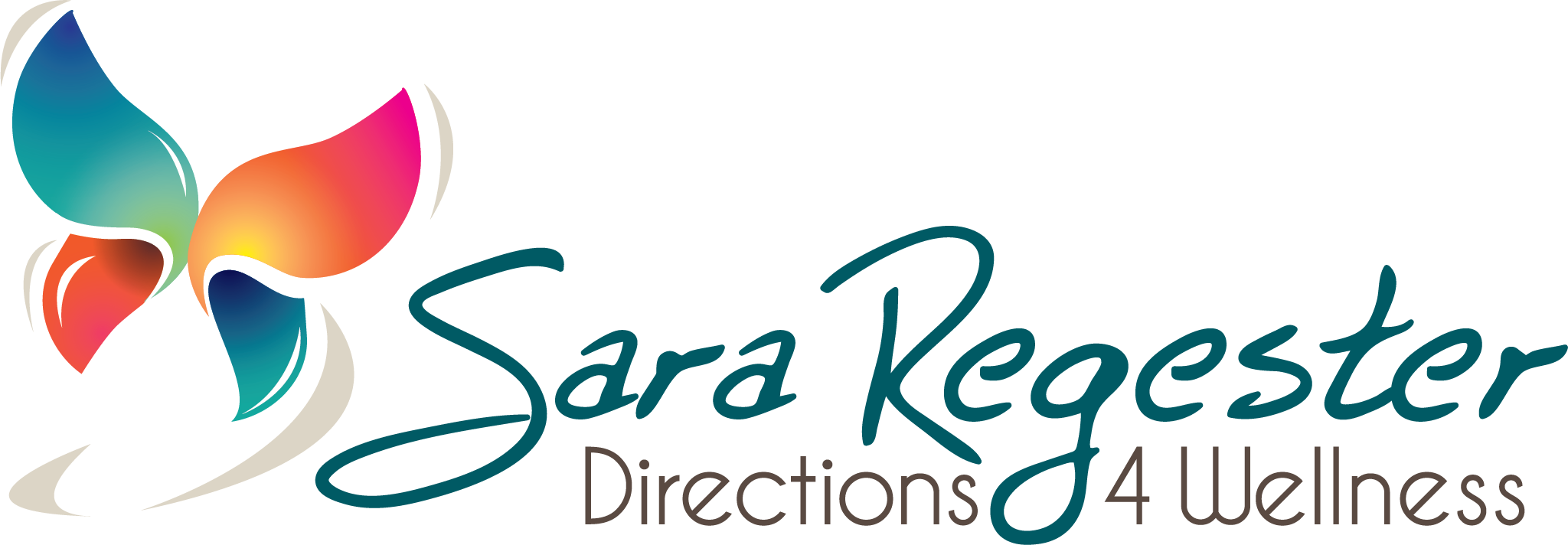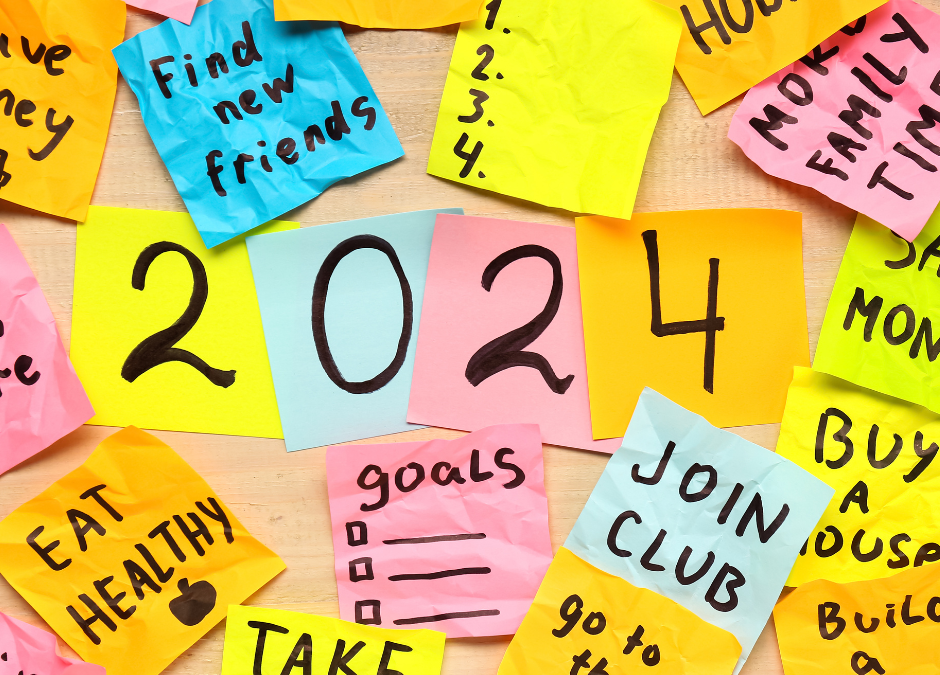We have a big year ahead of us and we all know it may be full of surprises and potentially polarizing conversations around politics, elections, the economy, and the change that will put us into the unknown. Just thinking about what is ahead is overwhelming and stressful!
“The key is not to prioritize what’s on your schedule,
but to schedule your priorities.” ~ Stephen Covey
How do we stay focused with so much distraction?
How do we remember our resolve for what we chose to prioritize at the start of the new year?
How do we make sure we are not forgetting ourselves and what we most value in the process of meeting life and all the challenges we face that can feel overwhelming and stressful?
Step one: It starts by taking a deep breath into our center, that place below the naval and inwards towards our spine; down into our lower belly. To center and come home into our core will support a reboot of our presence and focus every time we start to go into overwhelm. Breathing, especially deep breathing is our built-in stress resilience tool. (It’s FREE!) We all have this strategy if we REMEMBER to breathe!
Step two: Make a very short list every day of the top 2-3 things we want to prioritize. No longer than a few most important steps will create a sense of fulfillment and empowerment with every step of completion.
Step three: Any big overwhelming task on our priority list will be more palatable when we break it down into smaller bite-sized steps. Baby steps will get us to our target.
Step four: This is the most determinate step. Do the hard tasks first. Rather then stewing in our resistance and procrastination, simply get it done! Knock it off the list! This is the metaphor that the big rocks go into the jar first before the smaller ones. More will fit into the jar (your day) when the chunky ones are completed first before the simple smaller tasks.
Step five: You may want to read a few chapters from my book “Courage to Shine: How to Feel Confident Outside Your Comfort Zone” specifically Chapter 1.
Chapter 1: You Are a Stress Magnet
In complete transparency, I’m a stress junkie, a stress magnet, and a self-proclaimed expert on how to be good at stress. Most people want to reduce their stress, and much has been written on managing stress, but my message is very different. I say, if we are living fully and completely engaged in those things that matter to us, we are going to have stress. Stress is linked to our meaning and those things we care about. Jon Kabat-Zinn, the father of mindfulness-based stress reduction (MBSR), described managing stress by saying, “You can’t stop the waves, but you can learn to surf.”
Stress is an inspiring topic once we truly understand the rules of engagement. As humans, we are naturally wired to change through access to the gift of free will to make different choices, yet we usually operate habitually from a well-worn path. My case states that most of us have hard-wired stress habits that have become our default stress loop. Mastering our stress so it works for us, not against us, is based on training new habits to rewire a stress-resilient response. The stress triggers may still show up, but how we respond to our stress is where the old stress habits can be transformed. My clients complete a validated assessment tool to measure their perceived stress at the start of our work together followed by a reassessment of their perceived stress at the completion of my Stress Mastery Program. Ultimately, my clients experience a markedly reduced perception of stress after they shift their stress response, even though the circumstances that induce stress may not have changed. This behavior outcome is what I refer to as Stress Mastery.
I support my clients to lean into what is causing their stress with a new attitude and approach, to meet stress triggers with intention and empowerment, rather than falling victim to the effect of what is happening.
Stress mastery basics brings our awareness to the resistance that is often the cause of stress. Breaking the addiction to our stress habits starts when we are more aware of how we are responding to our stress triggers. Once we gain awareness, we can choose a new response to turn our stress around and become more resilient in the eye of the storm.
Read the complete chapter in Courage to Shine; How to Feel Confident Outside Your Comfort Zone.


Recent Comments